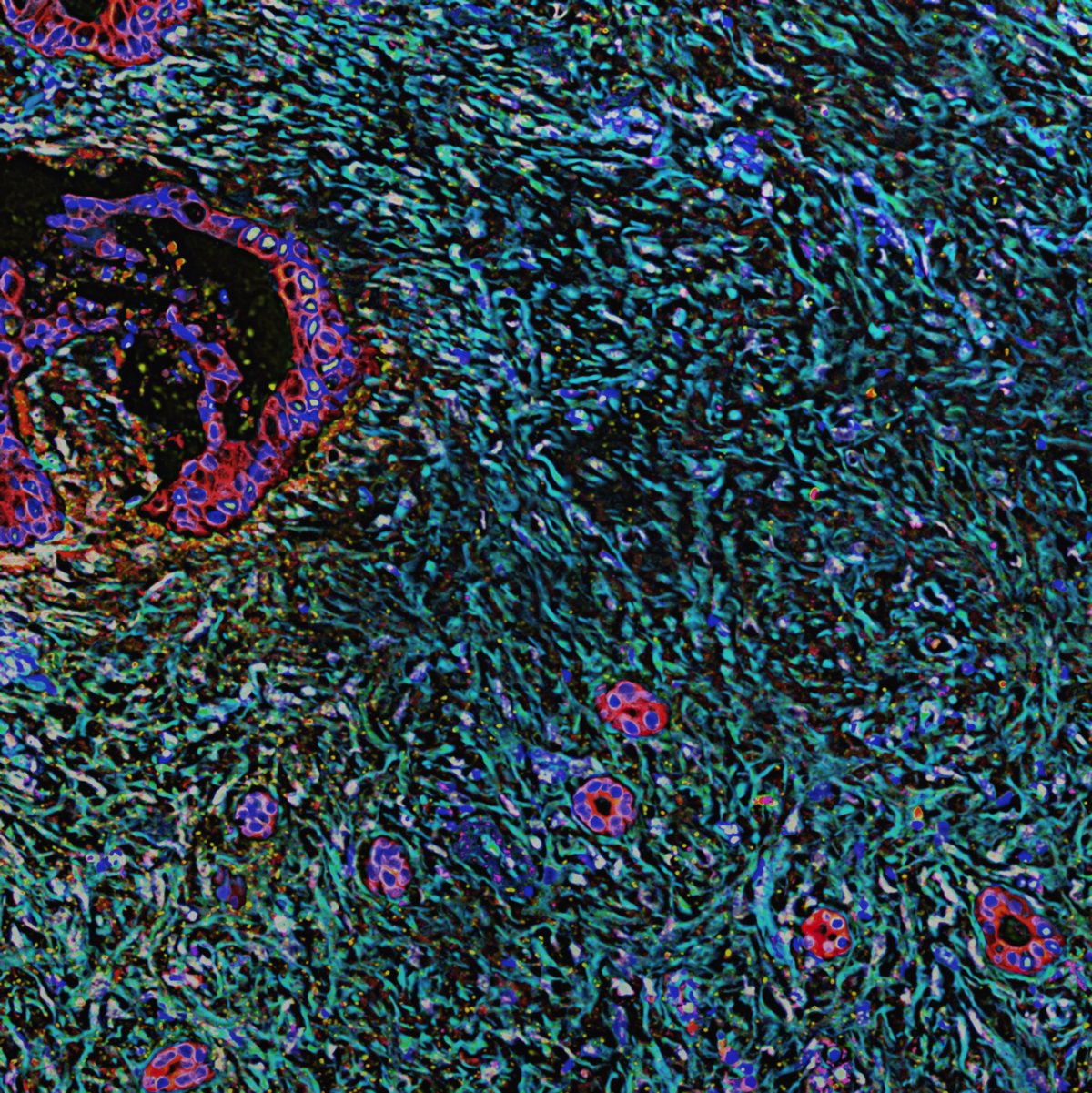UMN Biomedical Engineering receives $6.7M grant to develop quantitative imaging methods

Photo credit: National Cancer Institute
January 21, 2022 — Researchers from the University of Minnesota and the University of Wisconsin-Madison have kicked off a research endeavor to develop novel quantitative imaging methods that will enable deeper study of tumor-immune microenvironment mechanics.
This work will be led by a new center — the Center for Multiparametric Imaging of Tumor Immune Microenvironments (C-MITIE) — and supported by a recent $6.7 million U54 grant from the National Cancer Institute.
Understanding how T cells behave in a tumor microenvironment
Cancer immunotherapies have shown remarkable clinical responses, but unfortunately their impact on many solid tumors has been modest. This is due, in part, to solid tumor microenvironments that are limiting the effectiveness of natural immune responses and immunotherapies.
By developing better microenvironment imaging methods, the team aims to better understand the barriers to anti-tumor immunity and immunotherapies. Work will focus on the physical and molecular mechanisms of T cell behavior — such as infiltration, distribution, and function — in tumor microenvironments.
Advancing platforms for microscopy and data analysis
To better understand tumor-immune dynamics, C-MITIE will integrate several approaches, including:
- Advanced optical imaging platforms
- Nanofabrication and microfabrication
- Genome engineering
- Cancer immunology
- Biophysical modeling
Shaping next-generation immunotherapies
C-MITIE will use these new methods to develop design criteria for novel cell engineering strategies aimed at improving T cell-centric immunotherapies.
Efforts will focus on two poor-prognosis cancers: Pancreatic ductal adenocarcinoma and glioblastoma.
Additional funding
The University of Minnesota Masonic Cancer Center and the University of Wisconsin Madison Carbone Cancer Center have partnered to amplify the impact of this center award by providing additional funding to support new collaborations between the two institutions.